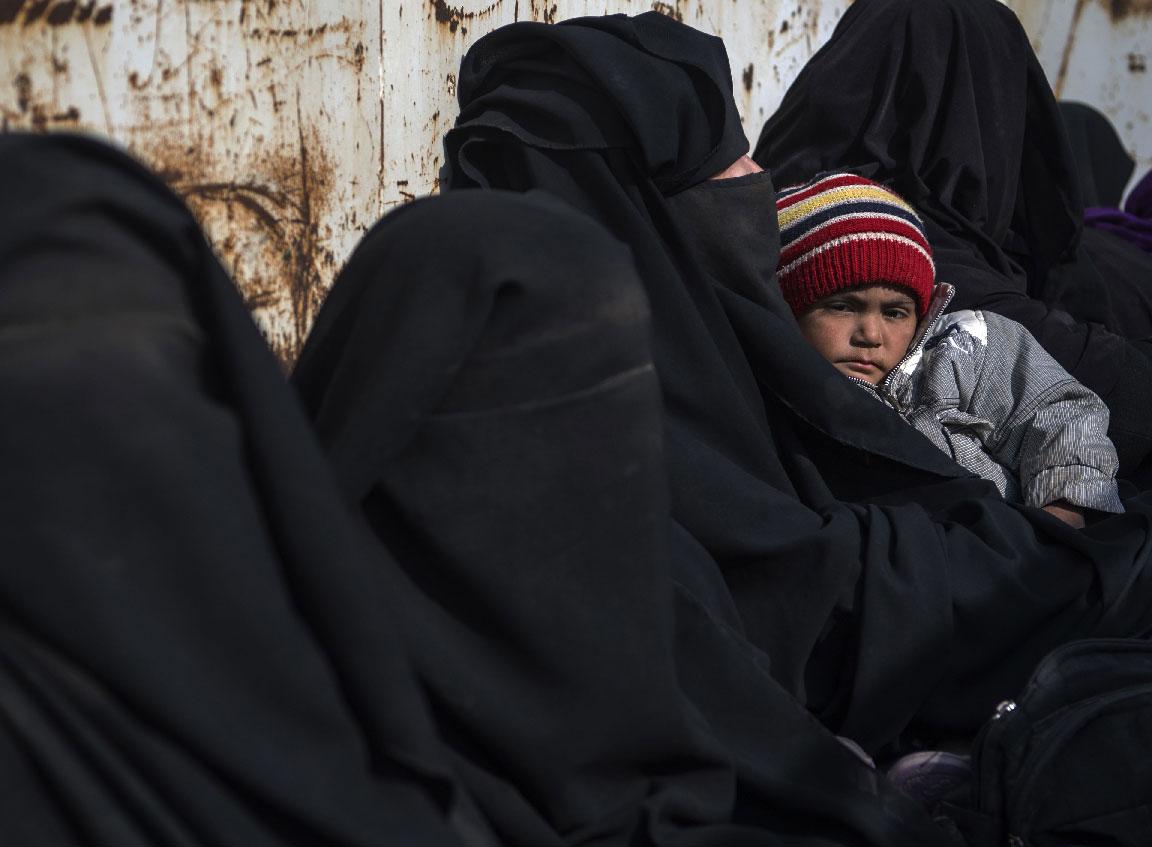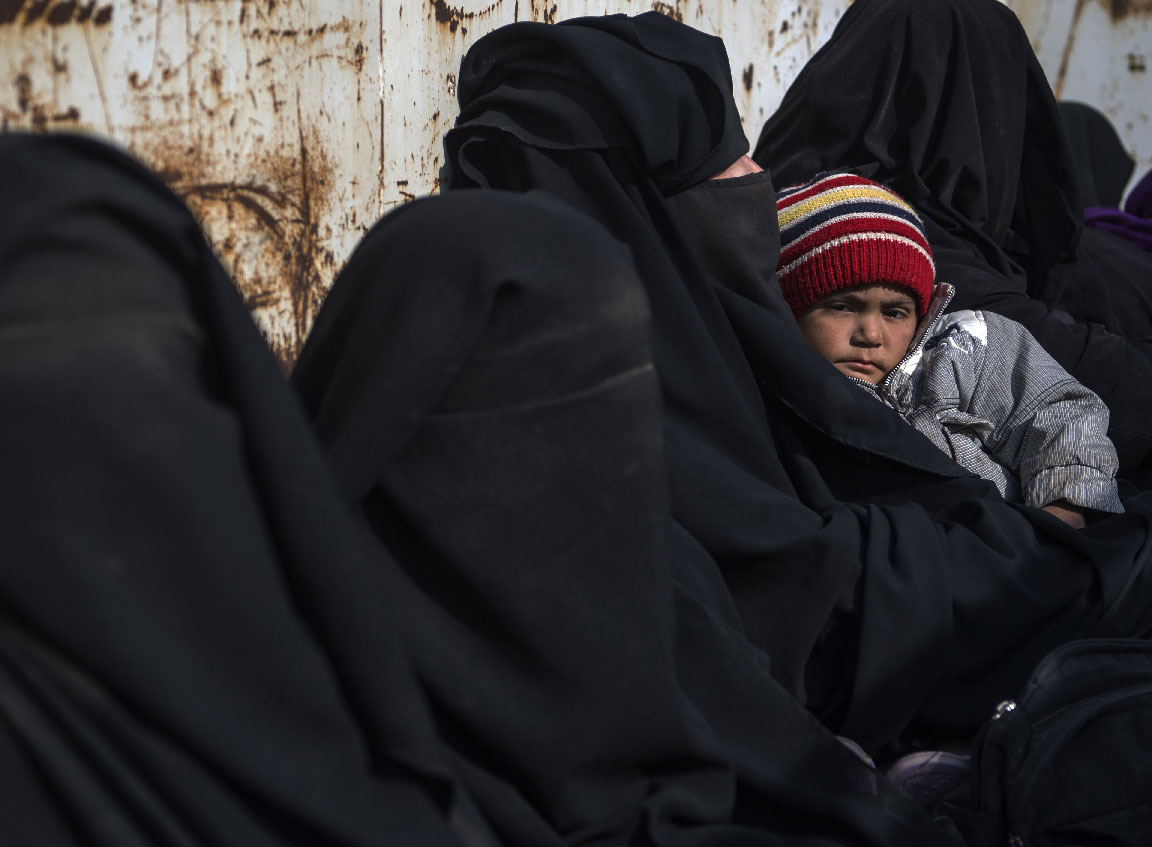EU states wrestle with fate of foreign jihadists
PARIS - Germany has repatriated from Iraq several children of jailed jihadists, the foreign ministry said Friday, as the war against the Islamic State group draws to a close.
European nations including Germany and France have been wrestling with how to handle the hundreds of foreign fighters, many of whom are being held by the Kurdish-led Syrian Democratic Forces which led the final push against IS.
"The number of minors already brought back to Germany has reached a high single-digit figure," the foreign ministry source said, adding that the returns were carried out with the consent of the children's parents.
They are now in the custody of their relatives in Germany, the source added.
Among the first young returnees to Germany were three children who arrived with their 31-year-old mother at Stuttgart airport on Thursday, their lawyer Mahmut Erdem said in a statement.
They were taken into custody immediately, the lawyer said.
According to the foreign ministry, at least eight Germans were jailed in Iraq, after they were convicted over their membership of IS.
The foreign ministry said it was aware of cases of German nationals in custody in northern Syria, but added that it did not have direct consular access to them as the embassy in Damascus has been closed.
Nevertheless, the government is looking for ways to repatriate the German nationals, it added.
With the collapse of the last IS bastion in Syria last month, the fate of foreign fighters and their families has become a significant problem for governments as the conflict against IS draws to a close.
The German interior ministry has said the children are innocent victims, paving the way for their return.
France last month took in five orphans and said it was dealing with returns on a case-by-case basis; but on Friday, French Interior Minister Christophe Castaner ruled out the repatriation of French jihadists and their families.
French daily Liberation reported Friday that in early March the government had been ready to bring home around 250 men, women and children before abandoning the plan given public hostility to the repatriations.
The issue is extremely sensitive in France, where a deadly 2015 attack on the capital claimed by IS killed 130 people and set off a wave of other deadly assaults since then.
"It's logical that our services considered all hypotheses. This was one of the hypothesis they prepared," Castaner said at a press conference following a meeting of G7 interior ministers in Paris.
"No communal repatriation was under consideration to be carried out," he said, reiterating that France would nonetheless study bringing back children of jihadist fighters on a "case-by-case basis".
He denied Liberation's claim that France's policy with regards to fighters in Syria was being dictated by public opinion.
Last month, French authorities for the first time brought home five orphaned children of French jihadists' from camps in northeast Syria. According to the UN children's agency UNICEF, around 3,000 foreign children from 43 countries are housed at the Al-Hol camp in Syria alone, which has taken in most of the people fleeing IS's self-proclaimed "caliphate" in recent weeks.
Up to 1,700 French nationals are thought to have travelled to Iraq and Syria to fight with the jihadists between 2014 and 2018, according to government figures. Around 300 are believed to have died in combat.
Kurdish officials have warned they do not have the resources to hold all the captured fighters indefinitely, and Washington is also urging its allies in the anti-IS coalition to take home their citizens.
But repatriation is a politically fraught issue, and governments fear they may not have enough evidence to convict IS members who claim they did not fight.


